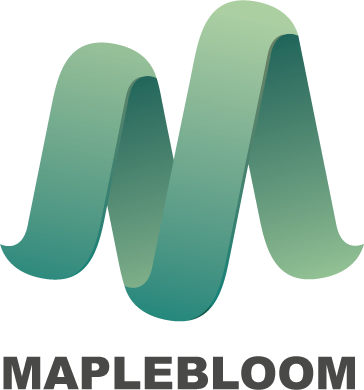This “epidemical time” has given me more opportunities to check in on webinars, digital seminars, and panel discussions.
Topics such as being purpose-driven, the importance of meaningfulness, and sustainability are suddenly surprisingly often mentioned.
We are clearly heading towards a new, more evolved economy. Some call it the Age of Aquarius. In the new economy, running a business will not look the same as it has traditionally done. This epidemic helps us to speed up the shift.
Last week, I watched a panel discussion on this topic – how to become a purpose-driven company. According to a representative from an international agency, it would take six weeks to come up with a purpose. During this time, they would interview employees, customers, do a competitive analysis, take into consideration the origin of the company’s why, their collaborations, and challenges -and then present a suggestion. It sounds like a proper and thorough job.
The challenge with this approach is that for a purpose to work and do its job, it has to come from the inside. No one else can find your purpose but you, or the organization in question.
I think that this misunderstanding comes from the belief that the primary use of “purpose” is for customers, partners, and external stakeholders. Probably, it comes from an old fashioned way of looking at marketing and branding. Something that you “paint” on an organization, so it is perceived differently than it is.
Previously branding was an external add on to an organization. In the new evolving economy, branding is an extension of the organization’s true essence.
Purpose corresponds to why – why is this important for us? Why are we doing this? Your answer needs to be beyond yourself, beyond your organization. That is when meaningfulness kicks in.
You, and only you and your organization will know when you have found a great purpose. You will feel it. A powerful purpose touches your heart.
When the organization has a strong purpose, it becomes a source of fuel, inspiration, and momentum, especially in challenging times.
Paul J Zak has come up with a great equation, backed up by his research Joy = Trust x Purpose. I can highly recommend his book Trust Factor. A statement from that book:
“Organizations should not try to make people happy at work. Joy is the result of working with trusted colleagues who have a transcendent purpose.”
A common mistake starting up this work is to focus too early on the wordings, and on how the purpose sounds. At the start, please don’t pay any attention to it at all! Instead, focus on the core. Describe it with as many words as you need. If you want help seizing it, listen in to your stories, dig in your history, see what makes the organization tick. (This work can, of course, be documented and nicely presented by an agency as a basis for your part of the work.)
Yes, you will probably have as many why as participants, but see if you can find a purpose that comprises individuals’ intentions.
When you are done and satisfied – now it is the time to have a closer look to make it sounds good. For this part, marketing consultants and agencies are a perfect fit.
Purpose can never replace the need for a vision. A purpose-driven company needs a strong vision. Both are equally important.
Let´s look at it in the next post.
If you have any suggestions for what you would like to read about or discuss, get in touch!




